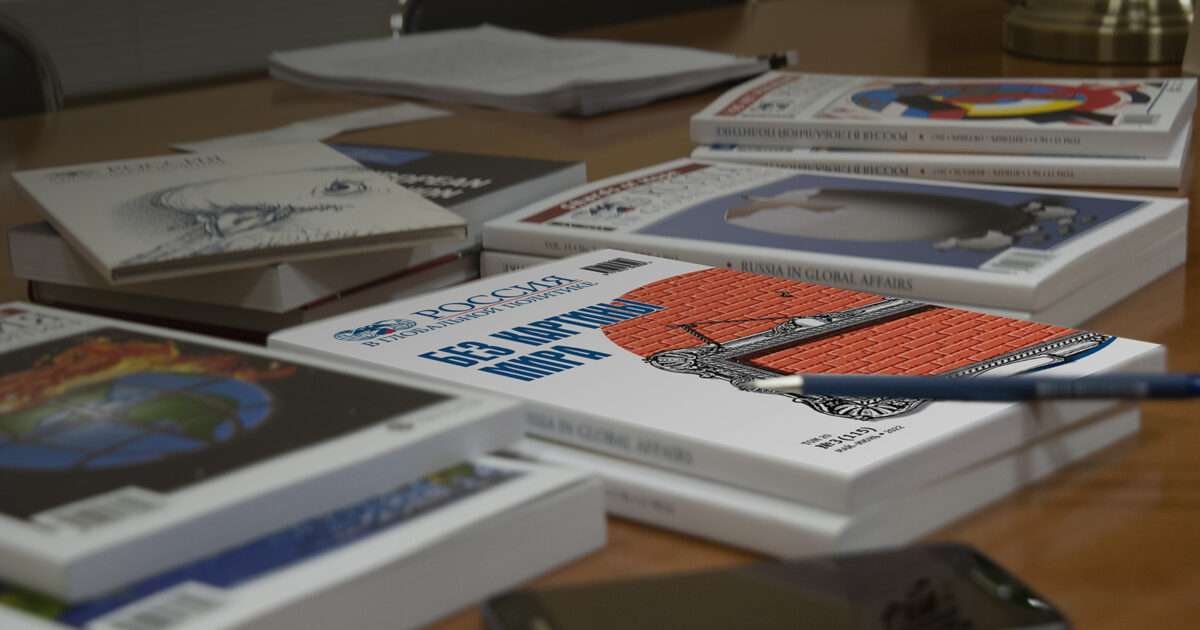Re: Eurasian Customs Union
Can anybody tell me how much average household expenses are in Armenia during winter months in dollar amount? And if possible, how many cubic meters or feet is it? Or how much per cubic whatever unit they are charged on their bills?
Can anybody tell me how much average household expenses are in Armenia during winter months in dollar amount? And if possible, how many cubic meters or feet is it? Or how much per cubic whatever unit they are charged on their bills?



 I bet you it will be like the SHTF dripping and the fan is broken.
I bet you it will be like the SHTF dripping and the fan is broken.





Comment